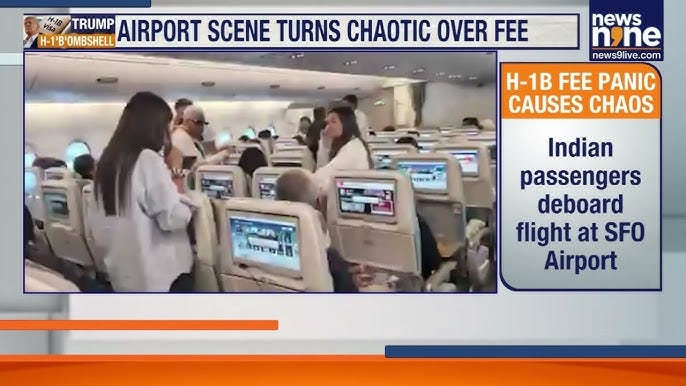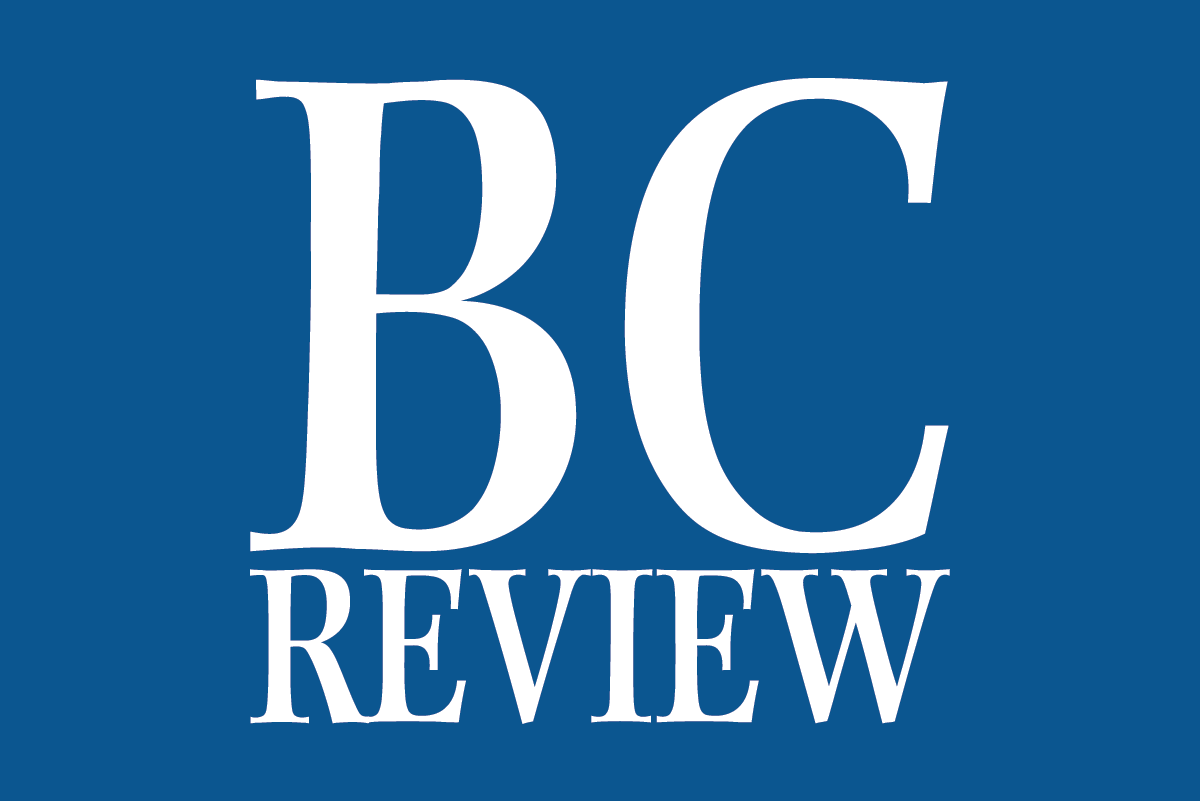Hey, Let’s Undermine America’s Technology, Education and Research!


It often seems as if Donald Trump and his minions are engaged in a systematic campaign to undermine America’s preeminence in the world.
We attracted investment from around the world in part because we had rule of law: Businesses trusted us to honor property rights and enforce contracts. So the Trumpists turned us into a nation where the government extorts ownership shares in corporations and masked government agents seize foreign workers, put them in chains, and imprison them under terrible conditions.
We lead the world in science thanks to our unmatched network of research universities and globally admired government agencies like the National Institutes of Health. So the Trumpists are doing their best to destroy both university and government research.
And our economic success — the way we have pulled ahead of other advanced nations over the past generation — rests almost entirely on our leadership in digital technology. So the Trumpists are pulling the rug out from under tech, too.
H-1B visas are a critical ingredient in America’s success. They allow the best and the brightest from around the world to teach in our universities, do research in our research institutes, and work in our tech sector.
The rollout of Trump’s new $100,000 fee for holders of H-1B followed what has become a familiar pattern. First, without warning, the White House announced a drastic policy change that, on its face, looked catastrophic for many workers and businesses. As NBC put it, the announcement set off “panic and chaos” among workers, companies and governments. Businesses and universities advised their foreign workers not to leave the country, because they might not be able to return to the United States. In at least one case, large numbers of passengers demanded that they be allowed to get off a plane about to depart San Francisco for Dubai.
Then — a day late and $100,000 short — the administration scrambled to limit the damage, announcing that this was a one-time fee that didn’t apply to those holding previously issued visas. Needless to say, the initial proclamation didn’t state any of these later clarifications. Magnifying the chaos, the clarifications were announced by posts on X — which does not, as far as I know, constitute an official channel for statements of U.S. policy.
And there is an outstanding legal question: does Trump even have the legal right to impose these fees? Probably not, according to Aaron Reichlin-Melnick of the American Immigration Council. The lawsuits are being filed as I write. However, it’s all too possible that a supine Supreme Court will let him get away with hammering yet another nail in coffin of the American rule of law.
The chaos of the announcement aside, Trump’s new policy on H-1B visas is a disastrous move. It will damage American leadership in the network of sectors — tech, education and research — that has driven our economic success for decades. And it will probably backfire even in its stated goal, which is to create more good jobs for native-born workers.
Normal economic analysis suggests that allowing highly educated foreigners to work in the United States is highly beneficial to the U.S. economy. Most directly, these workers add to America’s GDP. Consequently, highly educated foreign workers increase U.S. tax revenue, thereby helping to pay for Social Security and Medicare without claiming benefits. Moreover, by increasing the supply of high-education labor relative to less educated workers, they also help mitigate income inequality.
There is an additional bonus arising from the fact that H-1B workers are largely employed in the tech industry. For tech is an industry characterized by strong “positive externalities”: Every successful company helps create an environment favorable to other companies. As a result, more high-tech companies want to locate in Silicon Valley and other clusters because they are home to an existing network of successful tech companies.
The larger the industry, the greater are the technological spillovers — loosely speaking, the shop talk among engineers which enables companies to learn from each other. Furthermore, the larger the industry, the more extensive the network of companies that play specialized, complementary roles. For example, Silicon Valley’s uniquely vibrant venture capital scene is as much a consequence as a cause of tech’s success. And the larger the industry, the deeper and more flexible the market for specialized skill. That is, in a large tech industry expanding firms can easily recruit talent and talented workers can leave less successful firms and find new jobs.
Some readers may realize that I just described the “Marshallian trinity” of forces that support industrial localization. Anyway, these forces are especially strong in tech. They are the reason Silicon Valley is Silicon Valley. And the tech industry’s positive externalities mean that we should be very wary of any policy that might undermine the virtuous circle that explains America’s technology success.
Although I have focused so far on the U.S. tech sector, the same set of phenomena underlie the success of the American educational and research sectors. Top universities such as MIT, Stanford and Harvard are made immeasurably greater by the ability to hire the best faculty from around the world. Likewise for the unparalleled National Institute of Health and our research clusters in biotech and applied engineering.
Let’s consider a historical example: America took the lead in world scientific research during and after World War II with critical help from refugees fleeing Nazi Germany, who helped build everything from the atom bomb to the space program. The Trumpists should watch Oppenheimer.
The success of these sectors is, in turn, at the core of U.S. economic success more generally. The influential Draghi report on European competitiveness asked how much of the growing U.S. productivity advantage since 2000 can be attributed to our lead in digital technology. The report’s answer is, basically, all of it.
If you read the White House proclamation on H-1B visas, however, it’s clear that whoever devised the policy — Stephen Miller? Steve Bannon? — understands none of this. They clearly imagine that there are a bunch of highly paid technology jobs whose existence can be taken for granted, and that these jobs can simply be taken away from people they don’t like and given to native-born Americans.
That is not, in fact, how it works. America’s strength in tech isn’t the result of some inherent, indestructible natural advantage. If natural advantage determined industrial success, Silicon Valley would still be growing apricots. Instead, as I said, our tech industry rests on a virtuous circle of self-reinforcing success, which depends above all on the industry’s ability to attract talented workers from around the world. Cut off the supply of such workers, and you risk ending that virtuous circle, maybe even turning it into a vicious circle of decline.
One more thing: Trump’s visa proclamation basically gave his officials open-ended authority to waive the fees for people and companies they like:
The restriction imposed pursuant to subsections (a) and (b) of this section shall not apply to any individual alien, all aliens working for a company, or all aliens working in an industry, if the Secretary of Homeland Security determines, in the Secretary’s discretion, that the hiring of such aliens to be employed as H-1B specialty occupation workers is in the national interest and does not pose a threat to the security or welfare of the United States.
The potential for corruption — for using selective granting or withdrawal of visas to extract political favors and outright bribes — is obvious. “Nice tech company you have here. It would be a shame if something were to happen to your work force.” Will Trump and company abuse this power? Do bears do their business in the woods?
There are many valid criticisms one could make about the details of the H-1B program, which could definitely be improved. But Trump’s attack on the program is purely destructive, knocking away yet another pillar supporting American greatness.
MUSICAL CODA
A song about migration, sort of:
link







